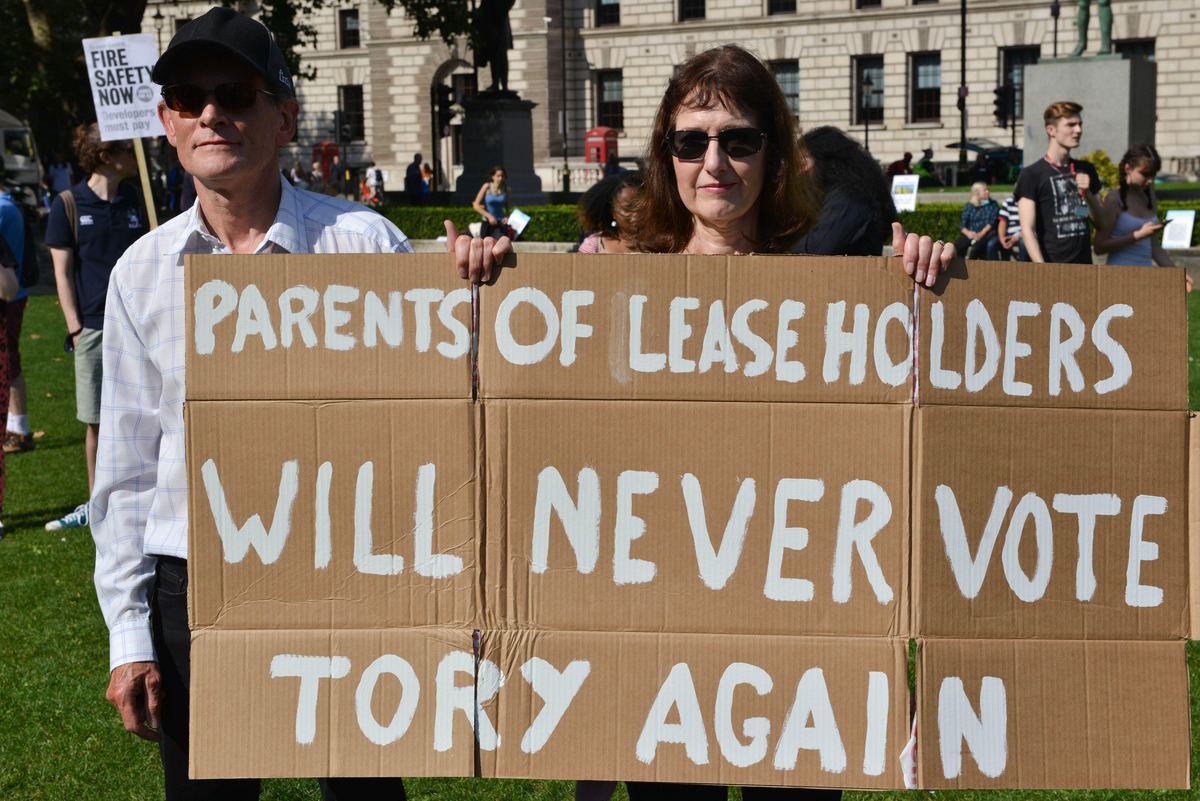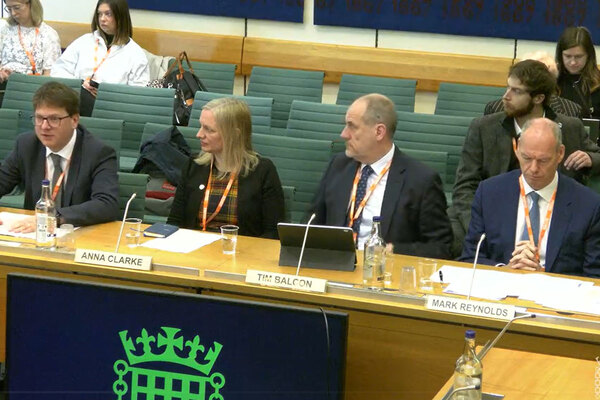
Jules Birch is an award-winning blogger who writes exclusive articles for Inside Housing
Is this the culmination of 140 years of demand for leasehold reform?
Leasehold reform is the Conservative Party’s chance to appeal to five million voters, writes Jules Birch
The MP called Churchill was in no doubt that leasehold needs fundamental reform.
“Who was more likely to be a contented citizen, the man who was a freeholder and who was in his property, or the man who was at the mercy of a colossal landowner?” asked the MP called Churchill in a Commons debate.
It says everything about the snail’s pace of progress on leasehold reform that the speaker was not Winston Churchill, the wartime leader and Conservative prime minister in the 1950s, nor even the more youthful Winston Churchill who was a radical land reformer as a Liberal MP in the 1910s.
Instead it was his father, Randolph Churchill, backing one of the first meaningful attempts at leasehold reform way back in 1884. Needless to say, the leasehold enfranchisement bill was blocked by a Conservative government full of property owners.
Flash forward 139 years and the same argument applies to almost five million leaseholders in England and Wales, the only two countries in the world that have still not abolished or radically reformed an archaic system that dates back to the Domesday Book.
For decades governments have promised leasehold reforms that have improved aspects of the system without changing its fundamental nature.
The closest they came to radical change was the creation of commonhold as an alternative in 2004 but, thanks to cumbersome rules and the profits to be made in leasehold, few commonhold tenancies have ever been created and only a tiny handful of commonhold developments have ever been built.
“The government has not yet delivered on a promise made in 2017 to ban new leasehold houses, let alone done anything for existing leaseholders”
In the wake of the scandal over escalating ground rents for new build houses and a building safety crisis that has blighted thousands of blocks of leasehold flats after Grenfell, the current government has been talking about fundamental reform. Talking but not so far delivering.
Legislation in 2022 stopped freeholders charging ground rents on most new residential long leases. However, the government has not yet delivered on a promise made in 2017 to ban new leasehold houses, let alone done anything for existing leaseholders.
Housing secretary Michael Gove has raised hopes in a series of statements suggesting that he wants to abolish leasehold altogether. As he told the Commons in June 2022: “It is absolutely right that we end the absurd, feudal system of leasehold, which restricts people’s rights in a way that is indefensible in the 21st century.”
Absurd and indefensible but now not possible? Reports suggest that Downing Street has forced him to water down the bill and introduce more minor reforms including a cap on ground rents, more choice for leaseholders over their management company and a ban on freeholders forcing leaseholders to pay their management costs.
A government source told The Guardian earlier this month: “Gove wanted to be a maximalist on leaseholder reform, but we simply haven’t got time to be maximalist right now.”
We won’t know for sure until the King’s Speech in the autumn and abolition was always more likely to mean phasing out. It always seemed ambitious for the government to fit major reform of private renting and leasehold into the final parliamentary session before the election.
However, Labour capitalised on the uncertainty with a pledge to introduce legislation implementing recommendations by the Law Commission that could pave the way for the end of leasehold within its first 100 days in office.
In an opposition day debate last week, MPs from all parties lined up to list abuses of leasehold in their constituencies and press junior minister Lee Rowley (in the absence of Mr Gove) to say what would be in the legislation to come.
Many Tories were unconvinced about what Sir Julian Lewis called “tinkering at the edges” of “a fundamentally unfair system”.
“It always seemed ambitious for the government to fit major reform of private renting and leasehold into the final parliamentary session before the election”
Labour MP Samantha Dixon neatly summed things up: “The history of leasehold reform over the past 150 years has been one that repeats itself in what can only be described as a feudal groundhog day.”
Closing the debate, shadow housing minister Matthew Pennycook highlighted the link with the building safety crisis and the many non-qualifying leaseholders for whom the dream of homeownership “has become a living nightmare”.
Housing minister Rachel Maclean dismissed “media speculation” about the bill and insisted that “there has been no U-turn”.
“I repeat that we are committed to moving to a fairer, simpler and more equitable system,” she said.
We shall see. Back in 1884, when Randolph Churchill appealed in vain for leasehold reform, part of his point was that those two million ‘contented citizens’ would be more likely to vote Conservative.
If the modern-day party really is about to miss its chance to appeal to many more voters, it may come to regret it when discontented citizens cast their votes some time in 2024.
Jules Birch, columnist, Inside Housing
Sign up for our Week in Housing newsletter
Already have an account? Click here to manage your newsletters












